
Natalya Shumskaya: “Without a Professional Team We Would Not Have Succeeded”
The executive director of AFEW-Kyrgyzstan Natalya Shumskaya is talking about the successes and challenges of the organisation in 2018 and the new demands for 2019.

The executive director of AFEW-Kyrgyzstan Natalya Shumskaya is talking about the successes and challenges of the organisation in 2018 and the new demands for 2019.
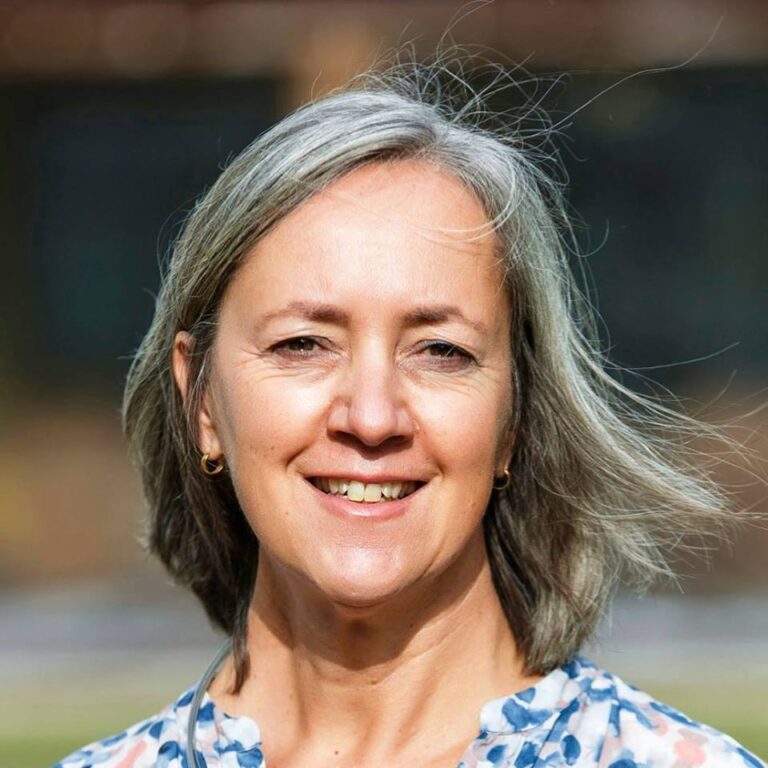
It is especially important to talk about stigma and discrimination today while observing Zero Discrimination Day. We, at AFEW Network are supporting UNAIDS in highlighting the urgent need to take action against discriminatory laws. Working in Eastern Europe and Central Asia for almost 20 years, we are taking actions from our side as well.
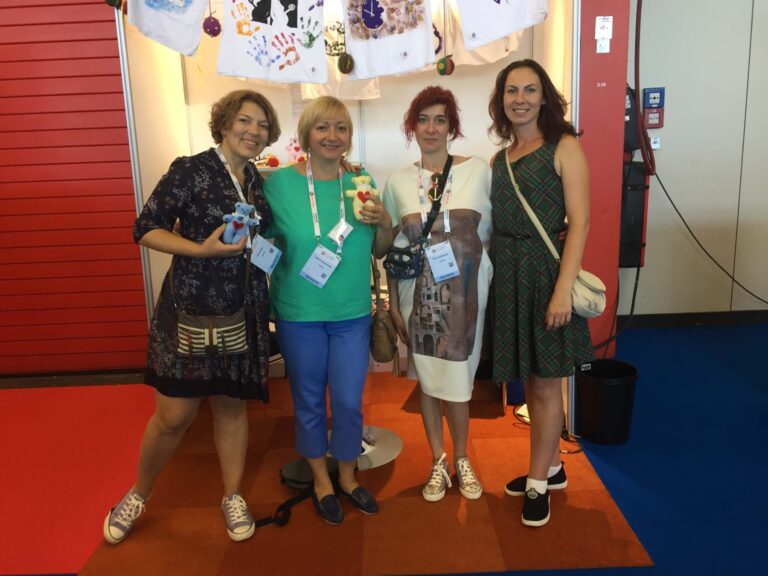
The executive director of International Charitable Foundation “AIDS Foundation East-West” (AFEW-Ukraine) Olena Voskresenska is telling about the main achievements of organisation in 2018 and its plans for 2019.
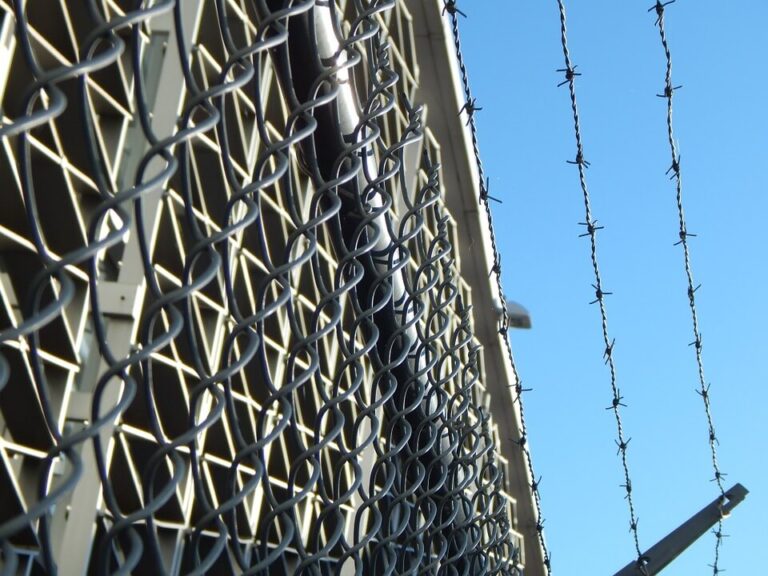
The theme of the 6th conference is the interface between prison health systems and wider national health systems, with a focus on policies and practices.The aim of the conference is to share good practice and promote international cooperation to improve the quality of healthcare for people in prisons. The conference is aimed at researchers, public health specialists, healthcare providers, commissioners and policy makers working to meet the health needs of people in prisons within Europe.

AFEW International executive director Anke van Dam sums up the results of 2018 and gives introduction of AFEW activities for the upcoming year of 2019.

In many countries, different key populations unite. They do it for the better representation of their interests in the development of public policy. This is often the alliance within one community, and less frequently – of several communities.

A photo exhibition “Dreams of the Invisible Women” was held in Bishkek, Kyrgyzstan from November 25 to December 10, 2018. The exhibition, which was held in the centre of Bishkek and in the venues popular among young people, allowed women suffering from violence, discrimination, living with HIV or using drugs as well as LBT women to send a message to the society: “We are here! We also love and are loved, we deserve to be happy and have equal rights.”

By changing the name “AIDS Foundation East-West in the Kyrgyz Republic” at the beginning of the year 2019, AFEW-Kyrgyzstan emphasized its involvement in the international AFEW Network. Another reason for changing the name and logo of the organisation is the expanding capabilities.
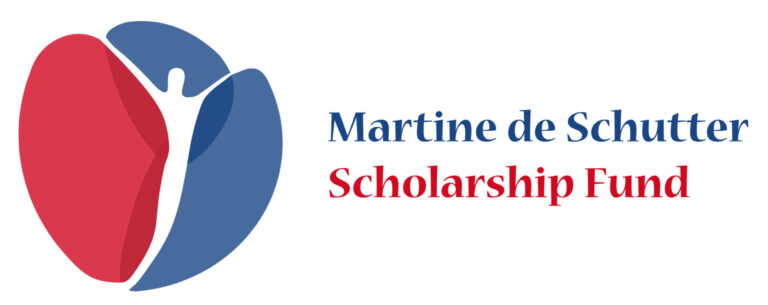
16,000 EUR is the amount of donation that AFEW International has got to Martine de Schutter Scholarship Fund from ViiV Healthcare UK Ltd. Initially, the Fund was launched to support participants from Eastern Europe and Central Asia (EECA) in attending the 22nd International AIDS Conference (AIDS 2018). The donation from ViiV Healthcare became the first donation after AIDS 2018.
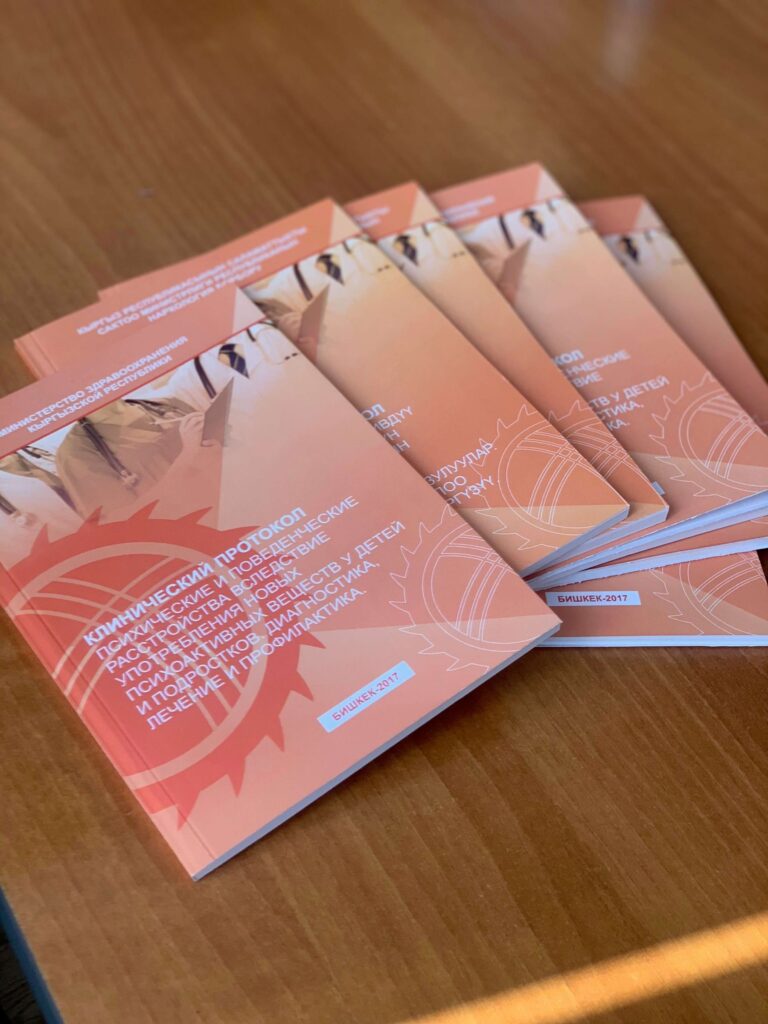
The clinical protocol ‘Mental and behavioural disorders due to the usage of new psychoactive substances among children and adolescents’ was developed with the support of AFEW-Kyrgyzstan and approved by the Ministry of Health in 2017. Professional narcologists and members of the community of people who use psychoactive drugs and other specialists developed the protocol.